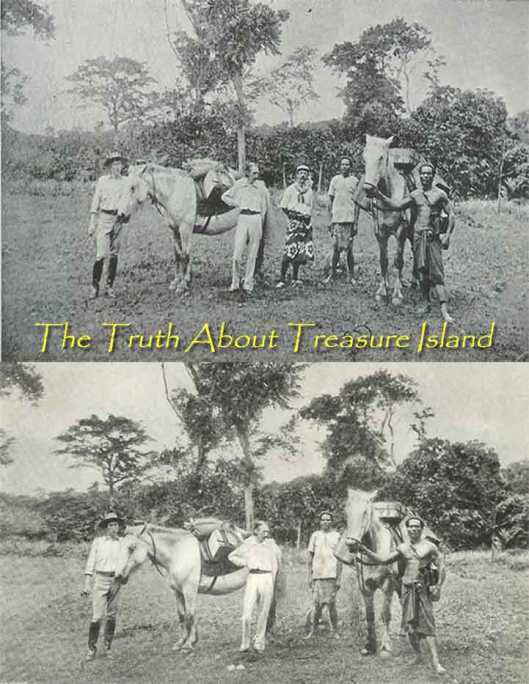Tags
Climate Change, Corporations are not people, Find a literary agent, Homelessness, Hunger, Inequality, Injustice, Northwest Region/Guyana
 Happy New Year 2014
Happy New Year 2014
Source: Happy New Year Quotes
As Year 2013 comes to an end, I would like to thank all of you who have signed up to follow my blog, other visitors who read my posts, and those who take the time to share their thoughts and experiences. Special thanks go to Cyril Bryan of the Guyanese Online Blog for sharing my posts with his readers. My wish for each one of you in the coming year is that you realize at least one of your goals for 2014. Our plans don’t always work out as envisaged.
While I achieved my goals of completing the revision process of my first novel and having it edited by a professional, I failed to find a literary agent to assist with publication. This goal remains on my list for the coming year.
I began working on my second novel, exploring betrayal, set in the northwest region of Guyana during the period 1979 to 1980. My goal in 2014 is to complete the research required to bring the characters and period to life. Creating characters that readers will love and hate is both challenging and lots of fun.
The real world is not the same as the world of fiction. In real life, I cannot shape people and events to obtain a desired outcome. I have no control over external forces. I can only control my response.
Injustice and inequality in America are real. Homelessness and hunger in America are real. How does one respond to such chronic disorders? Overcome or succumb? Fight or flight? Hope or despair?
Year 2013 marks the end of the vestiges of hope I harbored that our dysfunctional government would free itself from the corporate stranglehold. Since corporations are not people, they are incapable of considering the consequences of their decisions and the needs of the people who sustain them. Programmed only for generating profits, they gobble up Earth’s resources and spew destruction and suffering.
The Arctic ice continues to melt. Sea levels continue to rise. Oceans are warmer and more acidic. Storms and forest fires are fiercer and more destructive. The effects of climate change are already a reality for millions of people in the United States and worldwide. Yet, the corporate culprits spread misinformation and denial about the greatest crisis facing our times.
During this year, I struggled to understand how the highly-educated elite could jeopardize the survival of the human species on Planet Earth. Are some of them psychopaths whose wealth and power protect them from prosecution under the law? Does the world they live and move in shield them from the ugly reality? Is their greed an addiction?
Whatever the reasons driving the behavior of the elite among us, one thing is certain. They get away with what they do because we-the-people let them. If we continue to let them lead our species to the brink of self-destruction, we have only ourselves to blame for our silence and inaction.








